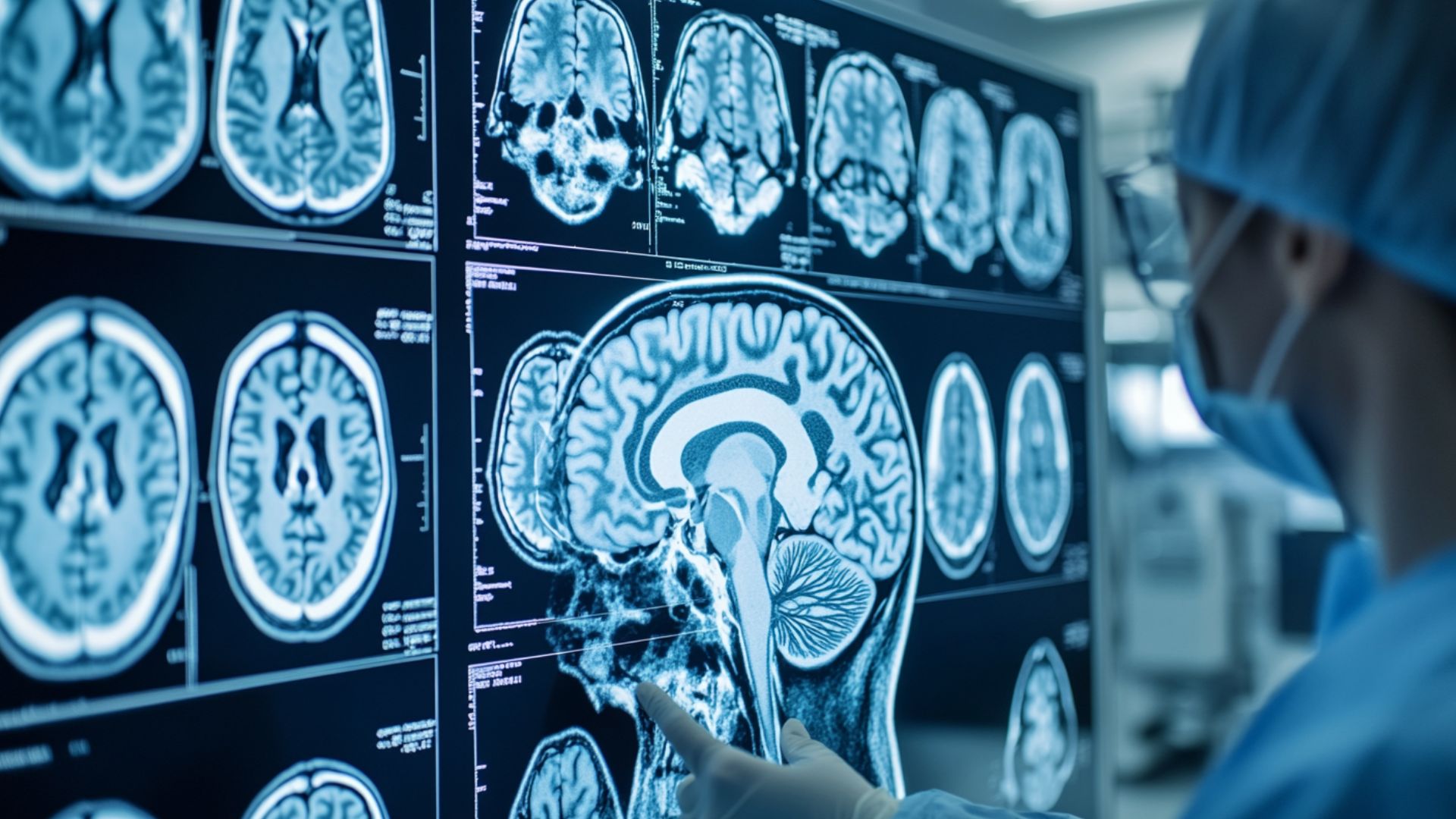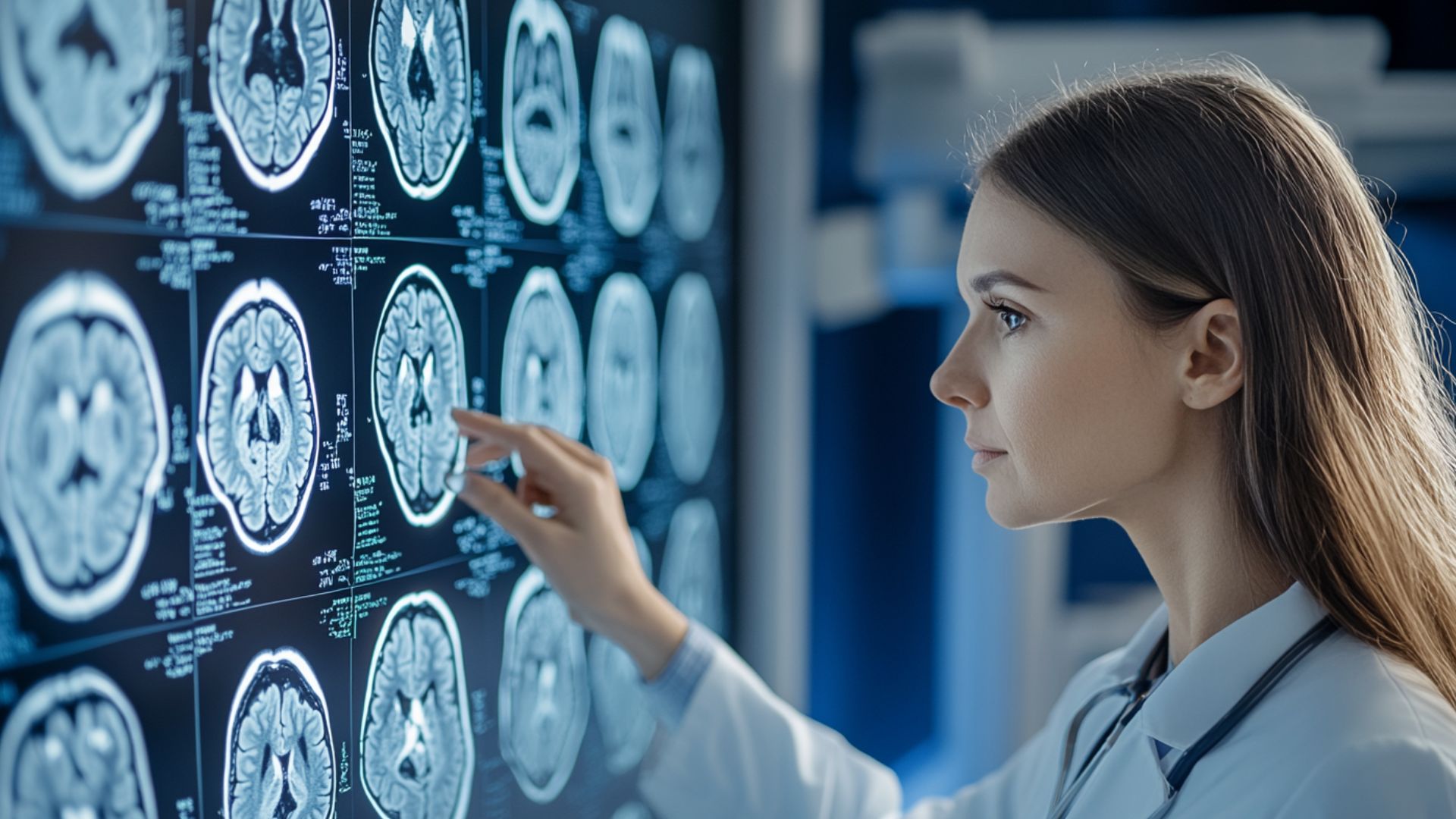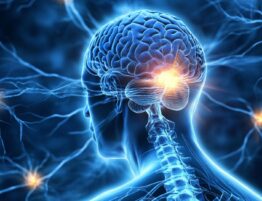Many people experience health problems without understanding their underlying causes. Even a simple headache may seem minor, but recognizing its symptoms can help identify serious underlying conditions. Understanding basic neurology is valuable for maintaining good health.
Neurology focuses on the nervous system, which connects all parts of the body and has a significant impact on overall health. Your cognitive abilities, memory, and general well-being depend directly on your neurological health. Any disorders in the nervous system require careful evaluation and ongoing monitoring.
Learning the basics of neurology helps you seek medical attention promptly. Even mild symptoms, such as blurred vision or headaches, can indicate serious underlying conditions. A neurologist examines your entire nervous system, performs necessary tests, and gathers your medical history. After reviewing your history, the doctor can diagnose specific symptoms or diseases. Modern diagnostic methods and digital technology enable the achievement of optimal treatment outcomes.
Understanding neurology is also useful for preventive care. This knowledge allows you to receive neurological consultations and health screenings when needed. When problems are detected, your doctor will prescribe effective treatment and ongoing monitoring. Regular check-ups are essential steps in maintaining good health and a high quality of life.
What Is Neurology and How Does It Help You
For anyone concerned about their health, it’s helpful to understand what neurology is. Neurology explores the brain, spinal cord, and nerves throughout the body. This medical specialty has a profound impact on a person’s life and overall well-being. Understanding this field helps patients dispel common myths and misconceptions. Recognizing symptoms early helps you get timely medical care when needed. Neurologists focus on both the central and peripheral nervous systems to identify symptoms and conditions.
Key Neurology Basics:
- Scope of Medical Care. This field of study encompasses the examination of the brain, spinal cord, nerves, and muscles. Neurologists provide a comprehensive understanding of how your nervous system functions.
- Neurological Examinations. A neurological exam thoroughly evaluates multiple aspects of nervous system function. Doctors assess your reflexes, muscle strength, and balance. They also evaluate sensory function to identify any abnormalities.
- Common Conditions. Understanding what neurology is enables patients to receive more effective medical guidance. Doctors research and treat conditions like epilepsy, Parkinson’s disease, neuropathy, memory disorders, and multiple sclerosis.
Nervous System Overview: How Your Body’s Communication Network Works
Understanding the nervous system overview is crucial for doctors to deliver high-quality care. The nervous system functions like an electrical network connecting your brain to the rest of your body. This overview helps doctors rule out many diseases and treat conditions from headaches to Alzheimer’s disease. Early medical consultation is crucial for professional care and better outcomes.
Key Elements of the Nervous System:
- Central Nervous System. This includes your brain and spinal cord, which work together as the command center. They control all of your body’s functions and responses.
- Neurons and Synapses. These specialized cells transmit messages throughout your body using chemical and electrical impulses. This communication system allows your brain to control all bodily functions.
- Peripheral Nervous System. This network comprises nerves located throughout the body. These nerves transmit signals between your central nervous system and other parts of your body.
When communication in your nervous system overview breaks down, serious consequences can occur. Various symptoms may appear, interfering with daily life. These can include numbness, persistent weakness, or confusion. Disease affects neurons and specific pathways, creating warning signs that shouldn’t be ignored.
Brain Anatomy Essentials: Understanding Key Structures and Their Functions
Learning basic brain anatomy helps you better understand symptoms and treatments. This knowledge enables patients to understand their imaging results and treatment plans better. Your brain contains numerous structures that continuously work to control bodily functions. When these functions are disrupted, various symptoms can indicate neurological diseases.
Key Brain Structures:
- Cortex. The cerebral cortex controls sensation, movement, memory, and thinking. Damage to this area causes problems with speech and memory function.
- Brainstem. This central structure controls vital functions such as breathing and heart rate. Problems with the brainstem can create life-threatening situations that require immediate attention.
- Cerebellum. This structure coordinates balance and fine motor skills throughout your body. Disorders cause walking difficulties, tremors, and coordination problems.
Doctors use techniques like MRI and CT scans to examine these brain areas. Through medical imaging, they can diagnose conditions and prescribe personalized treatment plans. Understanding anatomy plays a crucial role in effectively managing neurological symptoms. Imaging clearly shows why headaches, dizziness, and other problems occur in patients.
Your First Neurological Examination: What to Expect Step by Step
A professional neurological examination helps clarify symptoms and determine appropriate treatment options. During the visit, doctors check your reflexes and take a comprehensive medical history. The examination includes nerve testing and a thorough evaluation of your neurological function. This comprehensive approach helps identify problem areas that may need treatment. After the examination, doctors may order additional diagnostic tests for further evaluation.
What the Examination Includes:
- Medical History. Your doctor will discuss your lifestyle, family history, current symptoms, and when the problems began. This conversation helps identify potential causes and risk factors for neurological conditions.
- Cranial Nerve Testing. These tests assess factors that affect your neurological function. During this assessment, doctors evaluate your vision, hearing, movement capabilities, and speech function.
- Reflex Testing. The neurological examination includes checking your reflexes and muscle reactions. Your neurologist may gently tap your knees or other areas to assess nerve function.
- Motor and Sensory Tests. These tests evaluate coordination by measuring your strength and sensitivity to touch. Doctors assess how well your muscles and nerves work together.
- Balance Assessment. This assessment ensures proper cerebellar function in your brain. Doctors check your coordination and identify any movement problems that may indicate neurological issues.
When to See a Neurologist: Recognizing Important Warning Signs
Regular nervous system overview provides excellent prevention for maintaining your health. Certain symptoms indicate you should see a neurologist for proper evaluation. A neurologist can recognize these warning signs and prescribe appropriate treatment when needed. Understanding these symptoms helps you seek medical care at the right time.
Main Reasons to Consult a Neurologist:
- Sudden weakness that persists even after adequate rest and recovery time
- Persistent severe headaches that come and go suddenly without clear triggers
- Seizures accompanied by severe pain, vision changes, or loss of consciousness
- Numbness in your limbs, confusion, or memory problems that affect daily activities
- Tremors and cognitive impairment that interfere with normal functioning
Your doctor will conduct a thorough examination and gather your personal and family medical history. Early assessment helps minimize future health risks and prevents disease progression. Starting treatment promptly leads to significantly better outcomes and a higher quality of life. Doctors can prescribe therapy and medications to improve your neurological condition. Proper medical planning ensures accurate diagnosis and personalized care tailored to your specific needs.
Medical Tests and Services: MRI, EEG, EMG, and Your Personalized Care Plan
Understanding basic neurology is important for anyone concerned about their health and well-being. Modern neurology encompasses advanced diagnostic and testing methods that enable doctors to make accurate diagnoses. These tools enable doctors to diagnose medical conditions and develop personalized treatment plans accurately. Working with your healthcare team ensures you receive the best possible care.
Common Diagnostic Services Include:
- MRI (Magnetic Resonance Imaging). This advanced imaging test provides detailed pictures of your brain and spinal cord structures. MRI scans help doctors see problems that other tests might miss.
- EEG (Electroencephalogram). This test measures electrical activity in your brain over time. EEG is essential for diagnosing epilepsy, seizure disorders, and other brain-related conditions.
- EMG (Electromyography). This neurological test assesses the coordination between your muscles and nerves. Neurologists use EMG to diagnose neuropathy, muscle weakness, and numbness in your arms or legs.
Your doctors will monitor your progress and adjust treatment plans as your condition changes. An improved treatment approach helps you achieve better health outcomes over time. Regular consultations combined with your medical history help develop the most appropriate treatment strategies. Quality diagnostic services provide the foundation for successful treatment and ongoing patient support.
Following your doctor’s treatment plan and medical guidance creates the best environment for recovery. Understanding brain anatomy and neurological function helps doctors achieve optimal treatment results. Neurologists work closely with patients using the most current medical methods available. Through consultation, review of medical history, and accurate diagnosis, doctors can make informed treatment decisions. After completing this process, doctors can prescribe effective treatments and adjust them according to your individual health needs.













I've given up... the stress her office staff has put me through is just not worth it. You can do so much better, please clean house, either change out your office staff, or find a way for them to be more efficient please. You have to do something. This is not how you want to run your practice. It leaves a very bad impression on your business.
Please, leave your review
Write a comment: